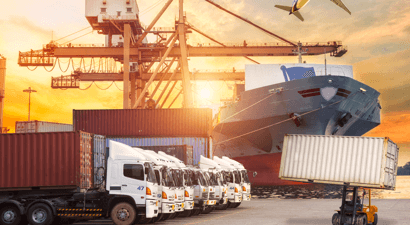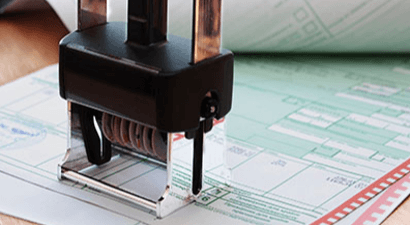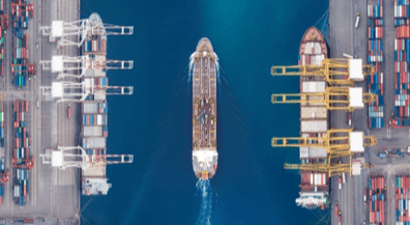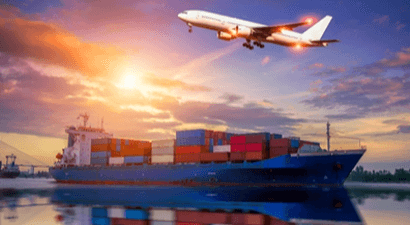OFFSHORE BUNKERING OPERATIONS IN SOUTH AFRICA
During September 2023, offshore bunkering operations in South Africa received a devastating blow when various vessels operating in Algoa Bay were detained and subsequently seized by the South African Revenue Service (“SARS”) following a dispute with their owners and operators surrounding the movement of fuel levy products and residual fuels to and from these vessels, and the implications arising thereof under the Customs and Excise Act No. 91 of 1964 (“the Act”). As a consequence, during the second half of 2023, offshore bunkering operations came to a complete standstill.
The Act contained a lacuna regarding offshore bunkering operations, and following various engagements with industry stakeholders, SARS promulgated rules pursuant to the Act in early December 2024, which became effective on 30 November 2024.
Following publication, the revenue authority hosted a virtual workshop with industry stakeholders on 29 January 2025 seeking to address various comments made surrounding the implementation of these rules, which effectively creates a separate regime that regulates the import of certain petroleum products, the storage of those products in a bonded facility (such as a floating storage unit or FSU), in certain instances permits fuel to be entered for local consumption, and also addresses the exportation of such products, including the supply of bunkers as ships stores to foreign-going vessels and even to vessels which the Act styles as “coastal vessels”.
Included in this new regime are particular licensing requirements for those seeking to operate the bonded facilities, whether a land-based bonded fuel goods special storage warehouse (“SOS”) or sea-based bonded fuel goods SOS, as well as those involved in the movement of bonded fuel goods, such as licensed marine removers. Licensees are further subject to stringent record keeping and documentary requirements, including, for instance, the provision of the relevant forms (DA1s) from the carrier operating the foreign-going vessel on board which the bonded fuel goods are brought into the Republic, or in the case of a bunker supply as stores, the forms in relation to the foreign-going vessel to whom the bonded fuel goods are supplied for export.
Apart from the control and licensing of the facilities mentioned above, and having regard to section 59A with concomitant rule 59A, the Act requires in rule 59A.03 that no person may import goods into, or export goods from, South Africa unless that person is registered as an importer or exporter. These accordingly also require the requisite prescribed applications to the SARS. The amendments to the Act also stipulate that licensees are in possession of the requisite authorisations and permissions from other entities, such as the South African Maritime Safety Authority (“SAMSA”) and Transnet SOC Ltd (“Transnet”).
The amendments to the Act to allow for offshore bunkering operations also permit customs officials to inspect the vessel of a licensed marine remover on reasonable notice. It is submitted that these types of provisions, including the powers to inspect, should be read with the existing powers afforded to SARS officials under the Act.
Having regard to the above, and the practical realities facing operators who wish to position themselves in the offshore bunkering industry, we therefore note with interest recent press reports suggesting that Off Port Limits (OPL) bunker operations have already commenced following “approvals from local authorities” and only make reference to various requirements from other parties, such as SAMSA who also have an interest in the safety of offshore bunkering operations.
That said, and given recent statements by several of the world’s major shipping companies that have indicated that they will not be sending vessels back to the Red Sea anytime soon, despite pledges made by Iran-backed Houthi militants in Yemen not to attack as long as the ceasefire in Gaza holds, it is hoped that offshore bunkering operations are recommenced without any further delays so that vessels being re-directed along our coastline can be serviced with bunkers where required.
From a ship owner or operator’s perspective, it is essential that the stakeholders who intend to license and provide these services do so with due regard to what is required of them under the Act, as well as other regulatory bodies (such as ITAC and those alluded to above), to ensure that vessels calling at our ports OPL are not indirectly affected by delays due to compliance issues on the part of the local service providers.





